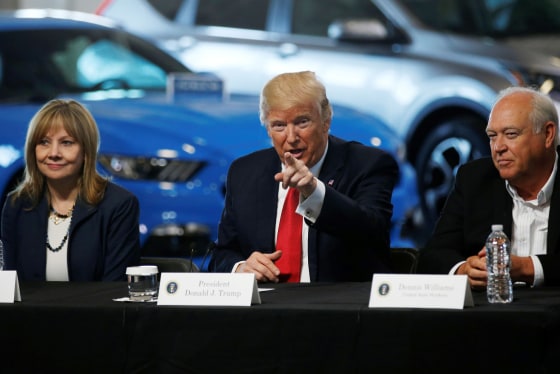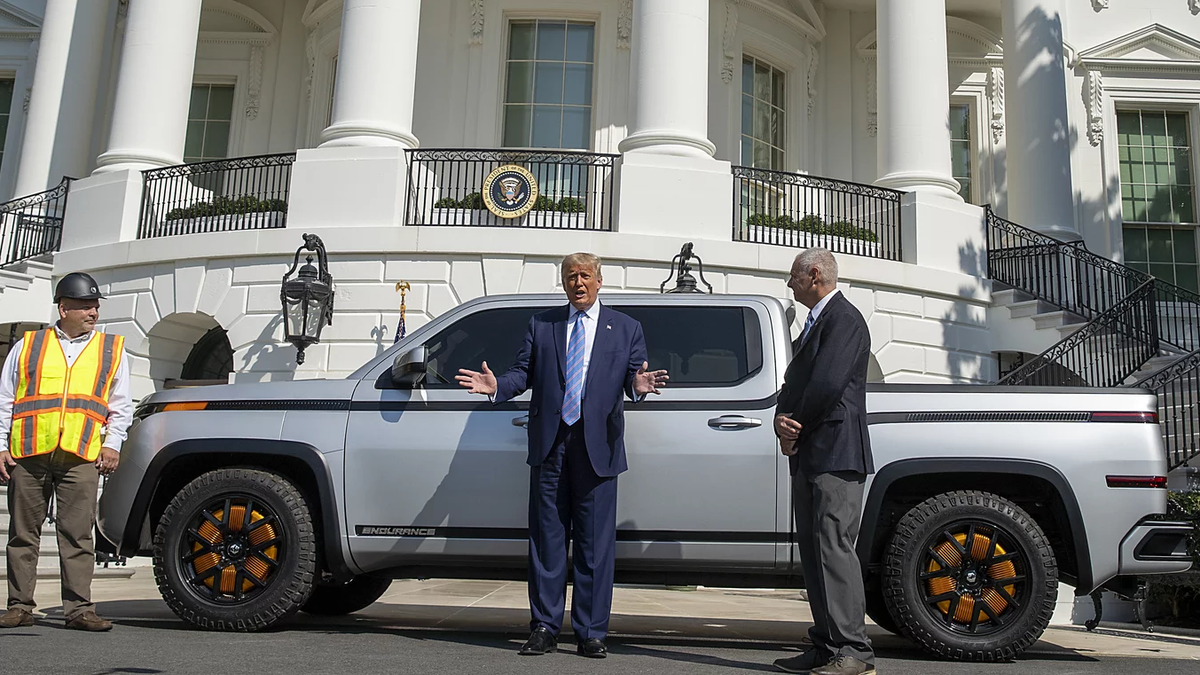
Former President Donald Trump's political comeback, securing another term by defeating Vice President Kamala Harris, is set to dramatically shift U.S. policies, including those affecting electric vehicles (EVs). Trump's victory will likely reverse many of the EV-related regulations and incentives introduced under the Biden administration, particularly the stringent emissions standards and clean energy tax credits established in the Inflation Reduction Act (IRA).
Potential Effects on EV Policy in the U.S.
Reduced Regulatory Pressure: Trump's administration is expected to ease regulations on automakers, scaling back strict emissions standards that have driven the push for EVs. This could result in less financial incentive for manufacturers to accelerate the shift to electric mobility.
Cuts to EV Incentives: The EV tax credits, part of Biden's green energy initiatives, might be revisited or reduced under Trump. Industry leaders worry that these cuts could weaken the competitiveness of the U.S. auto industry in the global EV market.
Tighter Trade Policies: Trump's trade policies, particularly his stance on China, may lead to increased tariffs on imported EV battery components and related technologies. While this could boost domestic production, it could also drive up costs for U.S. manufacturers, making EVs more expensive for consumers.
State Control on Emissions: Trump's administration may challenge California’s ability to set its own emissions standards, which have influenced a number of states to adopt stricter environmental policies. A rollback of these powers could hinder progress on zero-emission goals and slow the development of green technologies.
Influence of Industry Leaders: With strong support from figures like Elon Musk, Trump's policies may accelerate the development of autonomous vehicle technologies and streamline approval processes for these innovations.

Impact on Countries Like Pakistan
As the U.S. revises its EV policy, countries like Pakistan may feel the ripple effects:
Increased Costs for Imports: If Trump's policies lead to tariffs on EV components from China and other countries, the cost of EVs and their parts could rise globally. Pakistan, which relies on imports for a large portion of its vehicle parts, may face higher prices for electric vehicles, slowing the adoption of cleaner technologies.
Slower Global Transition to EVs: A shift in U.S. policy away from aggressive EV incentives could slow the global momentum toward electrification. As global markets watch U.S. leadership on environmental issues, delays in EV adoption in major economies may affect international trade and technology transfer to countries like Pakistan, which are trying to develop their own electric vehicle infrastructure.
Potential for Reduced Foreign Investment: If the U.S. pulls back on its green energy initiatives, foreign investors, especially those focused on clean energy and EVs, might redirect funds away from the U.S. to other markets. Pakistan could either benefit or lose out depending on how the global investment landscape evolves.
In conclusion, Trump's return to office could reshape EV policies in the U.S., with potentially global consequences. While automakers in the U.S. may experience regulatory relief, countries like Pakistan could face economic challenges related to higher EV costs and slower global adoption of green technologies.
